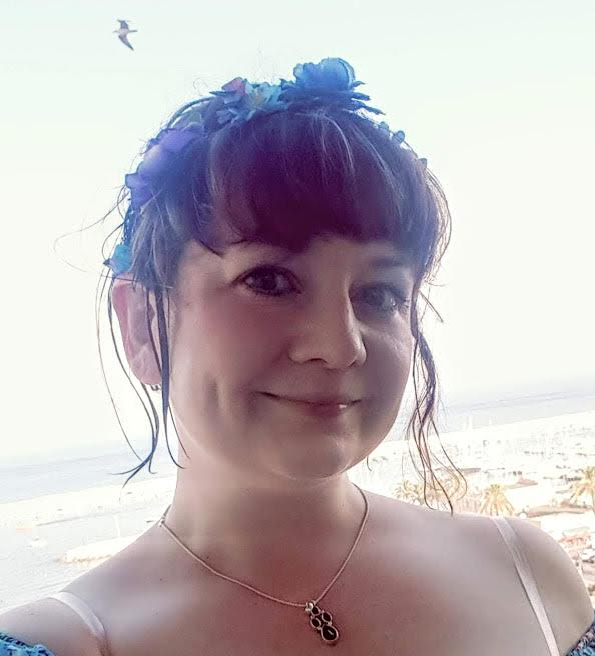Introduction
Burnout is a growing epidemic. The World Health Organisation recently recognised it as a medical condition. It affects all kinds of people - neurotypical and neurodivergent. We often hear about autistic burnout, but those with other conditions experience burnout too. I want to highlight my experience of burnout, with the hope it resonates with others. It’s something I have struggled with most of my working life and a late diagnosis of Autism and ADHD has both helped explain, but also intensified burnout for me.
What is burnout?
When someone says burnout, there is usually an intuitive understanding of what it is. It’s the next level up from chronic stress. It’s more than a state of mental and physical exhaustion: it’s what happens when you reach a point of mental and physical exhaustion - and you keep going.
Christina Maslach, one of the key researchers of burnout characterises it as a triptych of symptoms: exhaustion, cynicism and perceived lack of efficacy.
So what does that feel like? It's different for everyone, but for me it's:
- A tiredness that goes right to my bones
- Not wanting to talk to anyone for prolonged periods of time
- Feeling really negative about everything
- Feeling like anything I do is pointless, so why bother
- Beating myself up for not doing all the things I "should" be doing, whilst also beating myself up for thinking that I'd not do them well anyway, even if I could motivate myself
- Bubbling anger that I don't have the energy to outwardly express
- An increase in sensory sensitivity to the point where I just want to huddle under my weighted blanket for days
Burnout tends to occur not because of a person, but because of an environment. It’s also seen as a condition that affects those in work. It’s different for neurodivergent people. The task of existing in neurotypical society is work. And it’s hard work!
What makes neurodivergent burnout different?
Neurodivergent burnout grows with years of pretending to be something you are not; to fit in in a world that wasn’t designed for people like you. It is the result of the work we have to do to close the gap between what neurotypical society expects us to be and who we are. Neurodivergent burnout grows slower and lasts longer than traditional burnout, with most of us dealing with phases of burnout for the rest of our lives.
If you are a neurodivergent adult you have probably developed great coping mechanisms to deal with the drip, drip, drip of minor stressors you experience trying to fit into a world not designed for your brain type. But, you wake up one day and suddenly you're drowning. All those drips you thought rolled off your back are still there; yet you can't swim anymore. That’s what burnout can feel like.
My drowning was three months ago now. I woke up on my living room floor with three paramedics surrounding me. I'd had a stress induced seizure. This was after about four years of working really hard at a start-up, but not feeling I was achieving anything. Exhausted, but carrying on regardless - typical burnout. The seizure came just a few months after my diagnosis of ADHD and ASC.
It was a massive wake up call to start putting myself first as a neurodivergent person, not trying to force myself into a neurotypical mold. I'd been working through a period of intense burnout and each day had felt like walking a tightrope. Fall off to the right and you miserably carry on for another day; fall off to the left and it's a near breakdown. I fell off to the left. Now I need to get back onto a path a little wider than a tightrope.
What can we do about it?
This is my second attempt at writing this piece. The first attempt I started soon after the seizure and I had an ambition to write an article full of good advice on how to overcome burnout. However, it’s not an easy process and there are no easy answers. So I want to close by noting the lessons I have learned so far, and acknowledging that recovery, at least for me, won’t be here any time soon.
- You are not alone
It can feel like a really lonely place, but you are in company. This experience is common to so many neurodivergent people; I just don’t think we talk about it enough. So to the other people who this resonates with; I see you and I know how you feel.
2. Self care is incredibly hard
I’m an empath and I love to look after others. When it comes to myself, though, I’m just awful at doing the things I need to do to take care of myself. Even when they’re very simple (see point 3).
3. Sleep and water are important
Boring, but true. I’m currently focusing on the very basics; making sure I am hydrated, fed and sleeping right. Even that can be a massive struggle some days, but I am getting there.
4. It’s ok not to achieve anything
My natural predilection for action, achievement and perfection led me to burnout. The hardest thing to accept is that I’m currently compromised; I can’t do very much without total exhaustion. Some days all I manage is to walk my dog, anything else requires help (see point 5).
5. Ask for help
As I can’t currently do very much, I need to rely on people a bit more. This is uncomfortable but completely necessary. I’m asking people to drive me to appointments (I can’t drive following my seizure). I’m asking my partner to bring me snacks and drinks more. I’m asking friends to help me fill in forms.
6. Give yourself time; and then double the time you think you need
I’m impatient (ADHD) and I want everything certain and structured (Autistic), so waiting for things to get better doesn’t sit well with me. However, it’s important to give my body all the time it needs to get better. I’m working on accepting that I might not be able to do all the things I want to do for quite a long time, and that my recovery takes priority over everything else.
Let’s start sharing our experiences and talking to each other.
We are always looking for people to share their experiences or thoughts on topics related to Neurodiversity. If you have something that you would like to share, then please get in touch.



